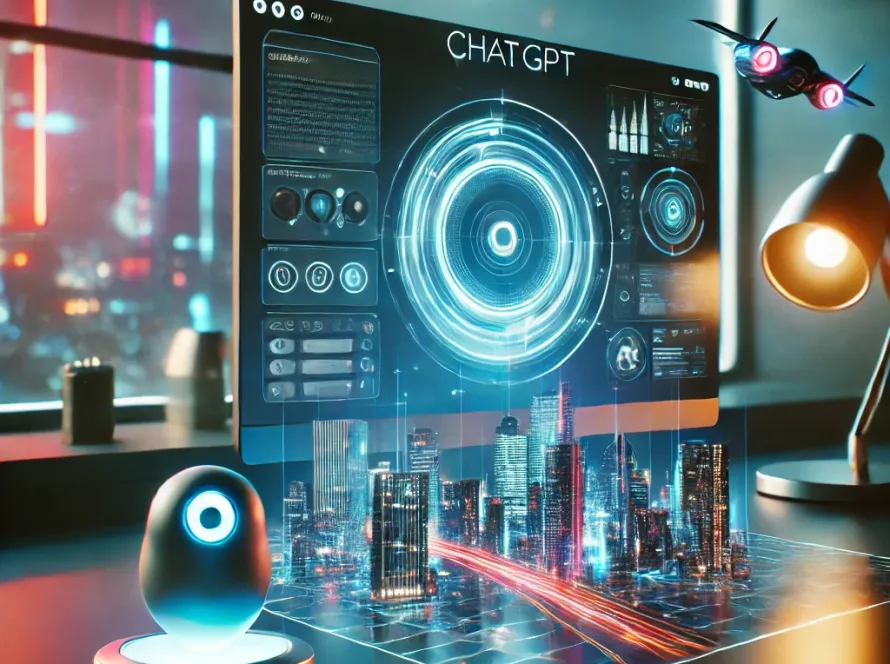As smart home technology continues to advance, experts are offering intriguing predictions on how AI will shape the homes of tomorrow. The integration of artificial intelligence into our living spaces is expected to bring about revolutionary changes that will enhance convenience, efficiency, and personalization. Here are some of the key predictions from industry experts on the future of smart home AI.
1. Hyper-Personalized Living Experiences
Experts predict that AI will take personalization to new heights, learning and adapting to individual preferences with unprecedented accuracy. From adjusting lighting and temperature based on your mood to curating personalized entertainment options, AI will create environments tailored specifically to each inhabitant. This hyper-personalization will make homes more comfortable and aligned with individual lifestyles.
2. Advanced Home Automation
AI is expected to drive a new era of home automation, where smart devices communicate seamlessly with each other. The future smart home will operate as a unified system, with AI orchestrating the interaction between devices. This will lead to more efficient energy use, better security, and a smoother user experience, as homes become capable of self-regulating and optimizing their operations without human intervention.
3. Predictive Maintenance and Troubleshooting
Another significant prediction is the rise of AI-driven predictive maintenance. Smart home systems will monitor the health of appliances and infrastructure, identifying potential issues before they become major problems. This will not only reduce the need for emergency repairs but also extend the lifespan of home devices by ensuring they are maintained proactively.
4. Enhanced Security and Privacy
Security remains a top concern in the smart home industry, and experts believe AI will play a crucial role in enhancing it. AI will improve threat detection by analyzing patterns and identifying anomalies in real-time. Moreover, the use of AI in privacy management will help protect personal data by controlling the flow of information and ensuring that only authorized entities have access.
5. Integration with Smart Cities
The future of smart homes is expected to extend beyond individual households. Experts predict that AI-powered homes will become part of larger smart city ecosystems. This integration will allow homes to interact with city infrastructure, such as energy grids and transportation networks, leading to more efficient resource use and a more connected urban environment.
6. Emotional AI
One of the more futuristic predictions is the development of emotional AI, where smart home systems will be able to detect and respond to the emotional states of their users. By recognizing emotions through voice, facial expressions, and behavior, AI could adjust the environment to suit the user’s emotional needs, creating a more supportive and empathetic living space.
7. Voice and Gesture Control Evolution
While voice control is already a significant part of smart homes, experts believe it will evolve to become even more intuitive and integrated. Gesture control is also expected to gain prominence, allowing users to interact with their smart home systems in a more natural and fluid manner. The combination of these technologies will make interactions with smart home devices even more seamless and user-friendly.
The future of smart home AI promises to be both exciting and transformative. As these predictions unfold, we can expect our living spaces to become more intelligent, responsive, and attuned to our needs, shaping a new era of connected living.


